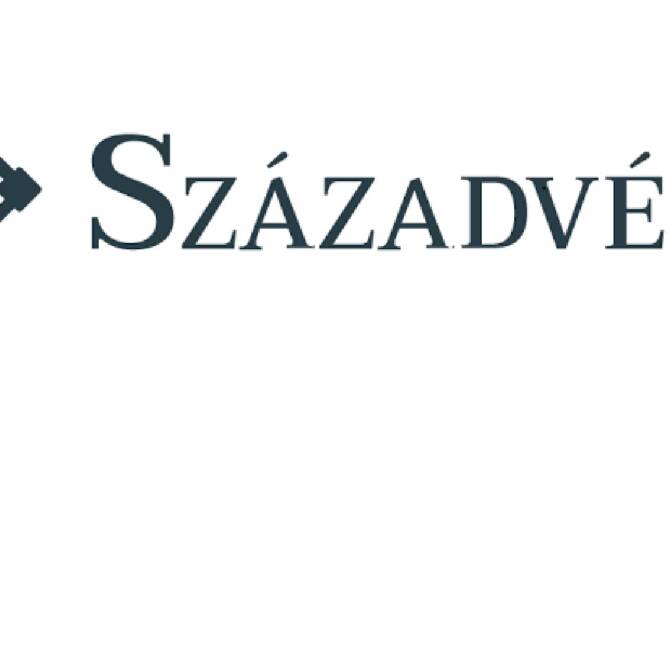Poland – Orlen SA, a Polish oil refiner and petrol conglomerate, has signed a multi-year strategic deal to supply natural gas to India’s ArcelorMittal, the world’s second-largest steel producer.
It is not the first time the two titans have collaborated over energy intensive operations in Central and East Europe, but the new deal – announced on November 14th – reflects India’s growing relevance in Central and Eastern Europe and signifies a new era of Polish-Indian trade relations.
Over the course of 5 years between January 1st, 2024 and December 31st, 2029, ArcelorMittal will buy around 26 TWh of natural gas worth around EUR 1.05 bln.
The Polish Eagle and the Bengal Tiger
The gradual liberalization of the Polish economy after the fall of communism in 1989 and India’s emergence as a global economic powerhouse in the 21st century have created fertile ground for collaboration. The bilateral trade has expanded steadily, covering sectors such as information technology, pharmaceuticals, and now, with the Orlen-ArcelorMittal deal, the energy and manufacturing industries.
Bilateral trade between the two states has grown more than seven-fold over the last decade and
more and more Indian companies have made Poland’s their destination of choice for near-shoring operations targeted at Europe.
Both nations boast rich cultural traditions, a strong work ethic, and a commitment to innovation. These cultural synergies create a conducive environment for joint business projects, facilitating effective communication and understanding between Polish and Indian companies.
An alternative to the Chinese Dragon
As the 21st century unfolds, experts predict that India’s rapidly expanding economy, burgeoning population, and increasing global influence will be transformative. As Poland seeks to balance global economic influences, engaging more closely with Indian companies provides a counterbalance to China’s share of the global economy.
After the Law and Justice party came to power in 2015, Poland pursued a strategy meant to diversify its trade relations, which were seen as being over-reliant on Germany in particular and the EU in general.
Non-European partners were approached, of which China was viewed as an especially interesting partner on the rise. However, after China sided with Russia following its full-scale invasion of Ukraine in February 2022, Poland became even more reluctant to pursue closer relations with China.
It is in this environment that Poland decided to take a much closer look at India. What they saw was promising.
A young, growing and English-speaking population with millions of students performing very well in various STEM fields and informatics have been making their way to Poland to take up tech-centred jobs in companies such as Google or Microsoft.
Poland is also excited about the India-Middle East-Europe Economic Corridor (IMEC), which aims to enhance connectivity and economic integration between Asia, the Persian Gulf, and Europe. The corridor will connect India to Europe via maritime and rail routes through the United Arab Emirates, Saudi Arabia, Jordan, Israel, and Greece.
Ambitious infrastructure projects from the Baltic Sea to the Indian Ocean are likely to create synergic effects starting by the mid-2030s and facilitate an even better match between the Polish and Indian economies.
These include the Three Seas Initiative, the Via Carpathia Motorway stretching from the Baltic Sea to the port of Thessaloniki – and a long-term plan for a railway project along the same route.
Diversification in a Globalized World
Diversifying economic partnerships as a strategy to mitigate risks associated with over-dependence on one market, Orlen plays a pivotal role in the Polish economy and contributes significantly to Poland’s energy security. Its Strategic investments and expanding portfolio align with national growth objectives and, crucially, with security requirements, shifting the region away from Russian energy in favour of American, Norwegian and Qatari sources.
A similar security concern is behind Poland’s ambition to let India take a part of the cake that had previously been earmarked for China. For Warsaw, the Sino-Russian alliance is perceived in a very different light after February 2022. The Orlen-ArcelorMittal deal is only a stepping stone in this process, but at the same time marks a milestone in the evolving narrative of Polish-Indian economic relations.
It’s too early to tell whether the 21st century will be India’s century, but Poland has shown that it is willing to be along for the ride.




